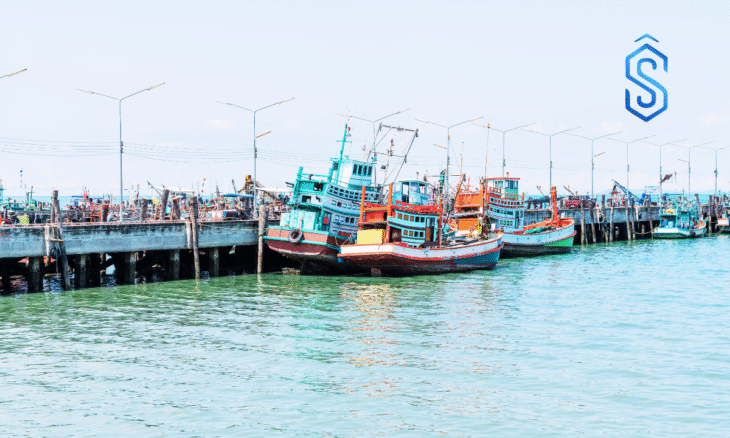New Delhi: The Government of India has responded to recent United States trade measures affecting Indian seafood exports, ensuring that the sector remains competitive and sustainable.
The new trade requirements, focused on sanitary compliance and sustainability, apply broadly to several trading partners and are not specific to India.
Also Read: India–UK CETA Set to Propel Seafood Industry with 70 Per Cent Export Growth Potential
Indian Seafood Exports and U.S. Trade Measures
The overall impact of these measures on Indian seafood exports, including those from Andhra Pradesh, depends on multiple factors such as demand conditions, product differentiation, adherence to quality standards, and agreements between exporters and importers.
To safeguard the interests of fishermen, processors, and exporters, the Government is working closely with stakeholders including seafood exporters, industry associations, entrepreneurs, and State Fisheries Departments.
Government Support for Indian Seafood Exports
Under flagship initiatives like the Pradhan Mantri Matsya Sampada Yojana (PMMSY) and the Fisheries and Aquaculture Infrastructure Development Fund (FIDF), the Government is investing in fisheries infrastructure.
Also Read: Turmeric Export from India Hits USD 341 Million in FY 2024–25, Led by Maharashtra
This includes upgrading fishing harbours, developing modern post-harvest and cold chain facilities, setting up quality testing laboratories, and promoting advanced aquaculture technologies such as Recirculatory Aquaculture Systems (RAS) and Biofloc.
The Marine Products Export Development Authority (MPEDA) plays a critical role in promoting Indian seafood exports through exporter registration, standard-setting, global trade participation, and capacity-building programmes.
Ensuring Sustainability in Indian Seafood Exports
To meet sustainability requirements and ensure continued access to international markets, measures under PMMSY include the installation of Turtle Excluder Devices (TEDs) in shrimp trawlers, marine mammal stock assessment projects, artificial reef installations, and sea ranching activities.
These initiatives are designed to conserve biodiversity while maintaining livelihoods in the fisheries sector.
Union Minister of State for Fisheries, Animal Husbandry, and Dairying, George Kurian, confirmed in a written reply to the Lok Sabha that these steps, combined with species and market diversification, will strengthen India’s position in the global seafood trade and secure long-term competitiveness.










